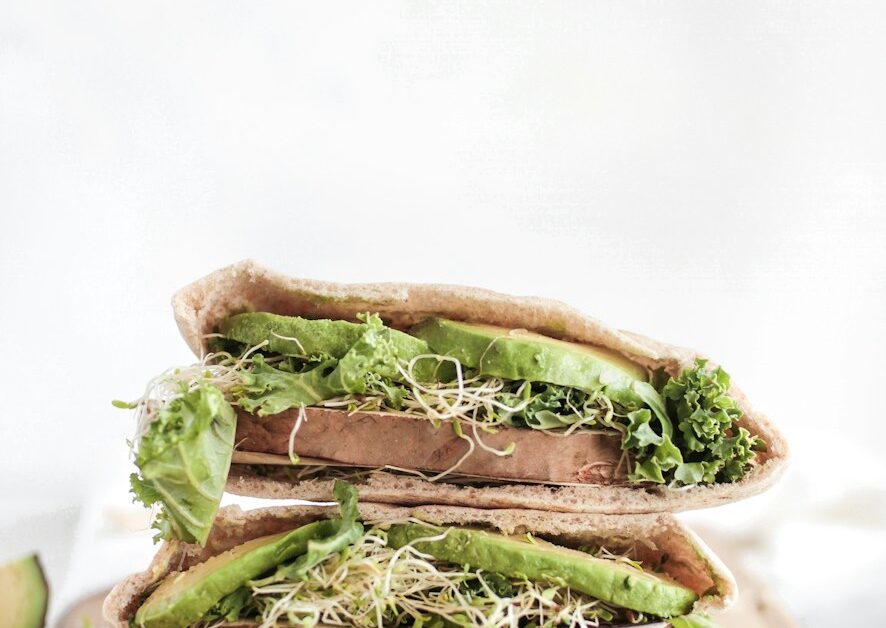Is butter vegan? This is a question that often arises in discussions about veganism and plant-based diets. While it may seem like a simple question, the answer is not as straightforward as one might think. In this article, we will explore the various aspects of butter and its compatibility with a vegan lifestyle.
What is butter?
Butter is a dairy product made from the milk or cream of cows, sheep, or goats. It is a common ingredient in cooking and baking, known for its rich flavor and creamy texture. Butter is primarily composed of milk fat, water, and milk solids.
Why is butter not considered vegan?
Butter is not considered vegan for several reasons:
- Animal exploitation: Butter is derived from animal sources, specifically the milk of cows, sheep, or goats. The production of butter involves the exploitation of these animals, which goes against the principles of veganism.
- Animal suffering: The dairy industry is known for its practices that often result in the suffering of animals. Cows, in particular, are subjected to artificial insemination, separation from their calves, and confinement in small spaces. By consuming butter, vegans indirectly support these practices.
- Environmental impact: The production of butter contributes to environmental issues such as deforestation, greenhouse gas emissions, and water pollution. Livestock farming, including dairy production, is a significant contributor to these problems.
Alternatives to butter
Fortunately, there are numerous plant-based alternatives to butter that can be used in cooking and baking. These alternatives provide a similar taste and texture while being free from animal products. Some popular options include:
- Vegan butter: Many brands offer vegan butter made from plant-based oils such as coconut, olive, or soybean oil. These products are often labeled as “vegan” or “dairy-free” and can be found in most grocery stores.
- Coconut oil: Coconut oil is a versatile substitute for butter in both cooking and baking. It has a rich flavor and solidifies at room temperature, making it suitable for spreading on toast or using in pastry recipes.
- Avocado: Mashed avocado can be used as a butter replacement in certain recipes, such as on toast or in sandwiches. It provides a creamy texture and adds a healthy dose of monounsaturated fats.
- Nut butters: Nut butters, such as almond or cashew butter, can be used as spreads or in recipes that call for butter. They add a nutty flavor and a creamy consistency.
Conclusion
While butter is not considered vegan due to its animal-derived nature and the ethical and environmental concerns associated with its production, there are plenty of plant-based alternatives available. These alternatives offer a cruelty-free and sustainable option for those following a vegan lifestyle. By choosing these alternatives, individuals can enjoy the taste and functionality of butter while aligning with their ethical and environmental values.
